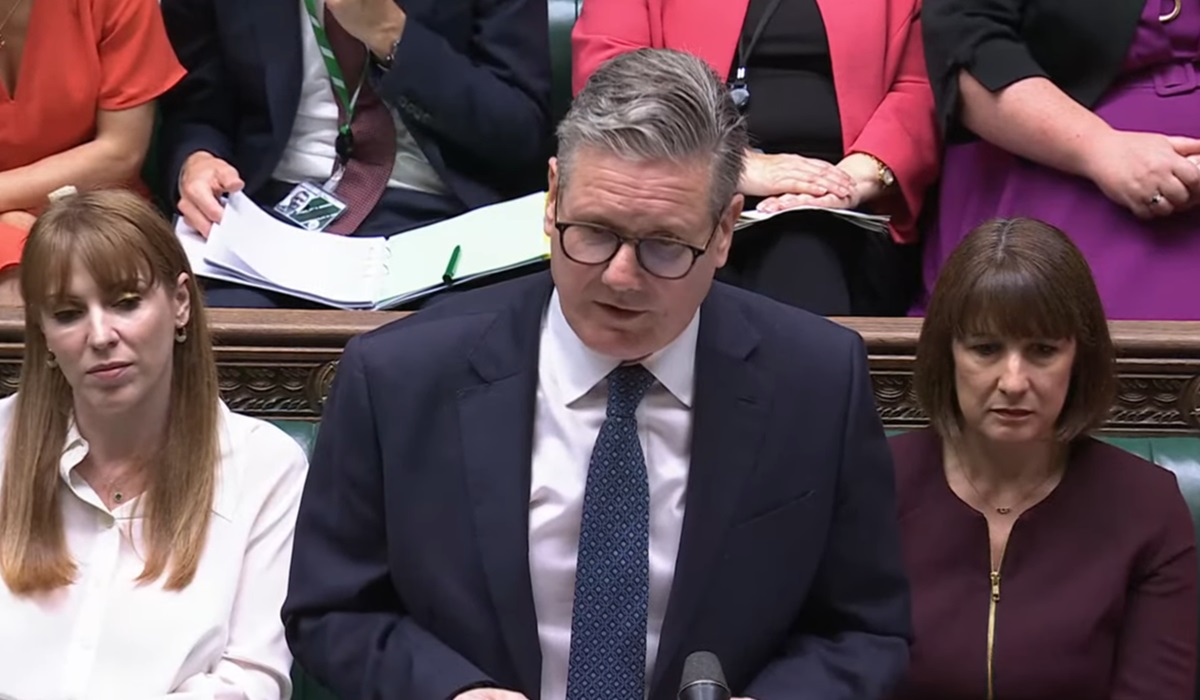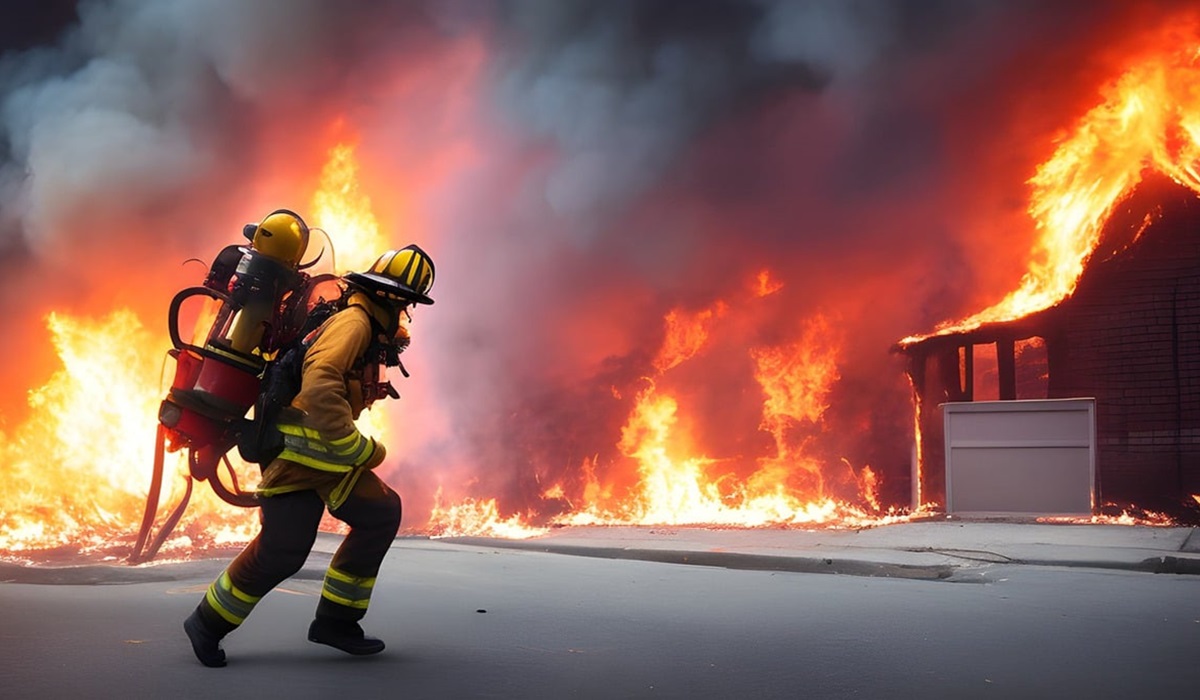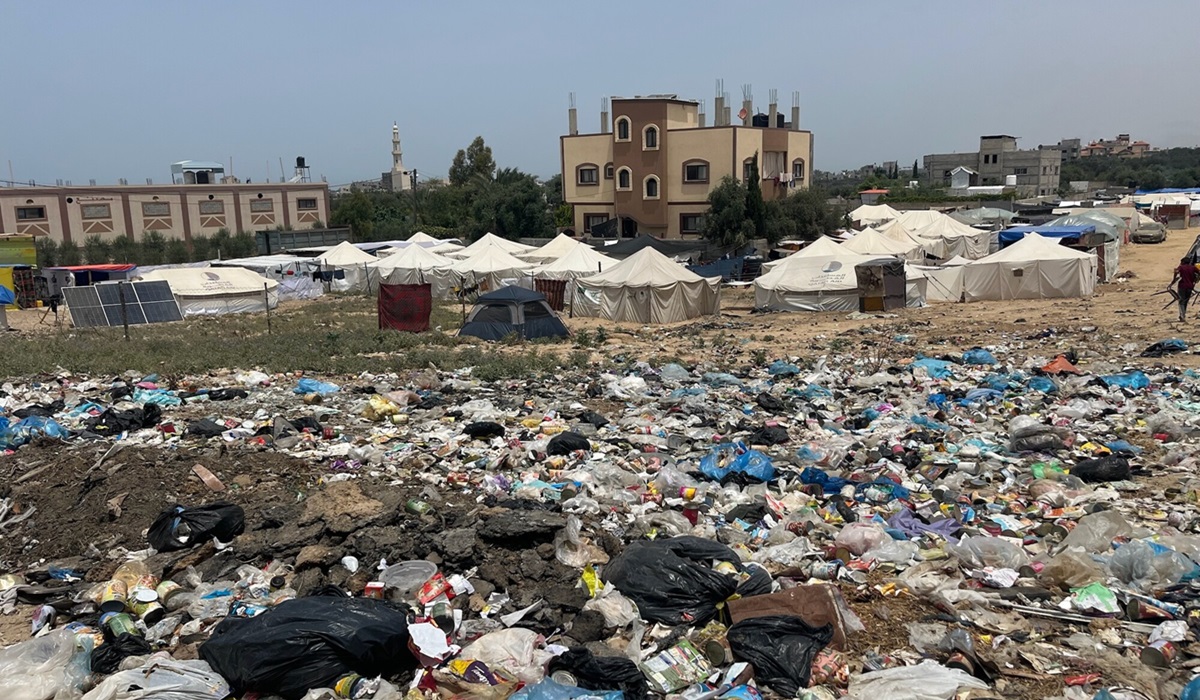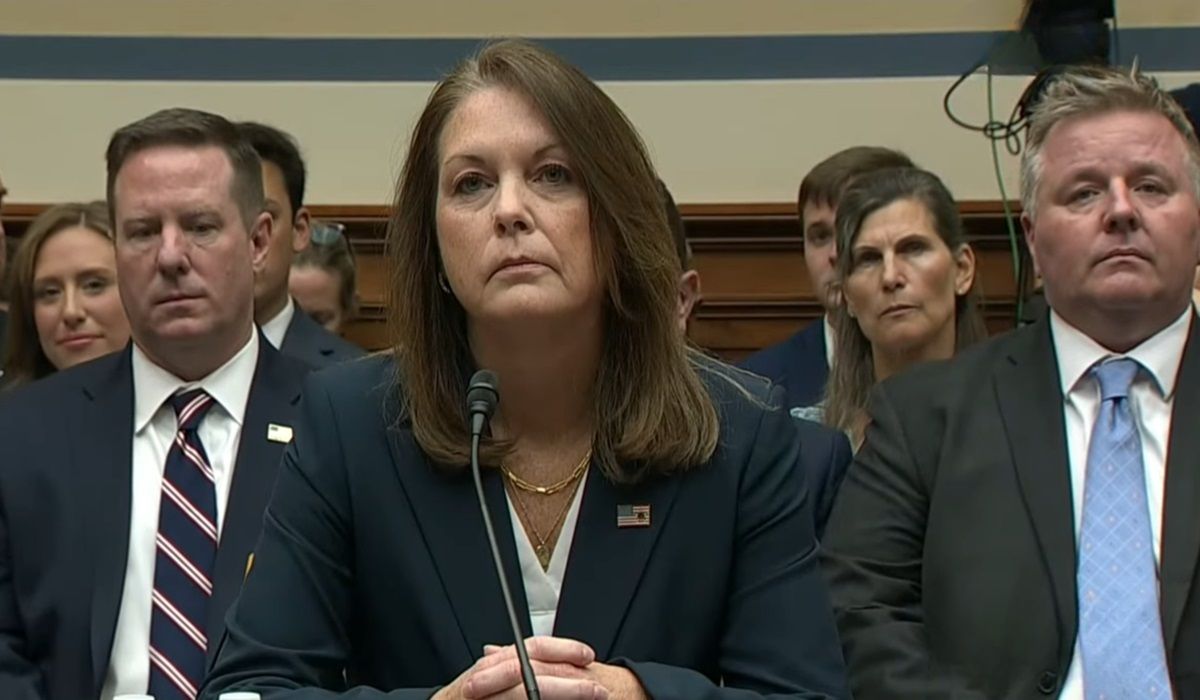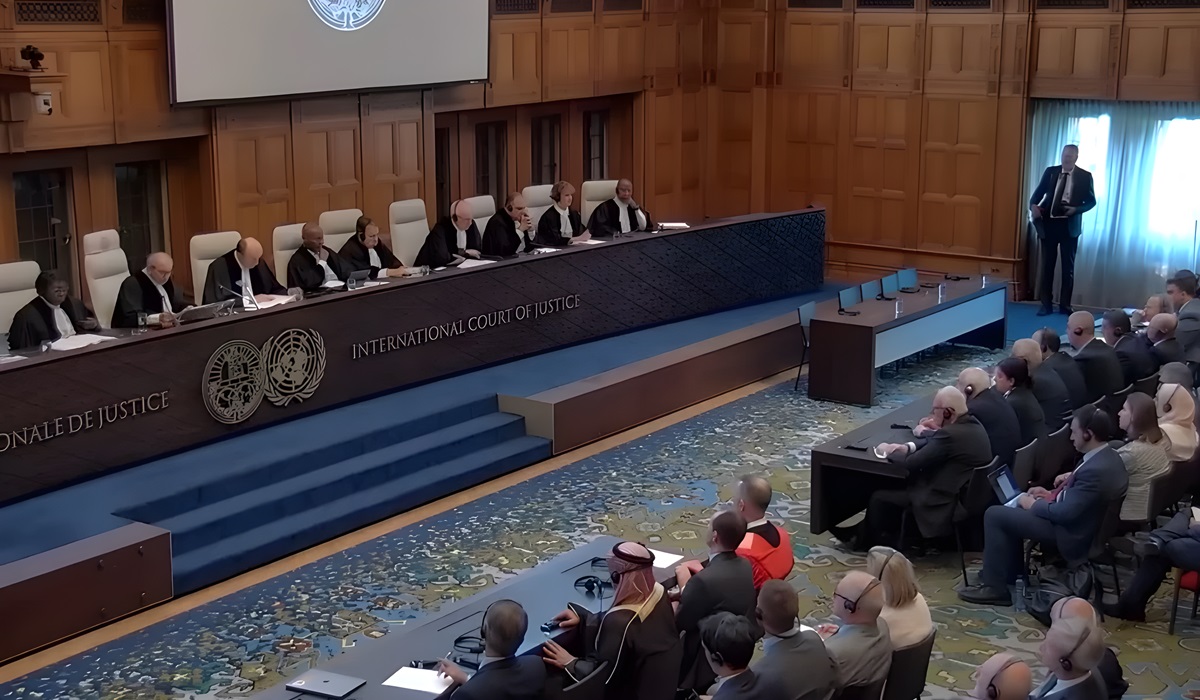Whistleblower Raises Alarms Over Boeing’s 787 Dreamliner Safety
- TDS News
- Breaking News
- April 10, 2024
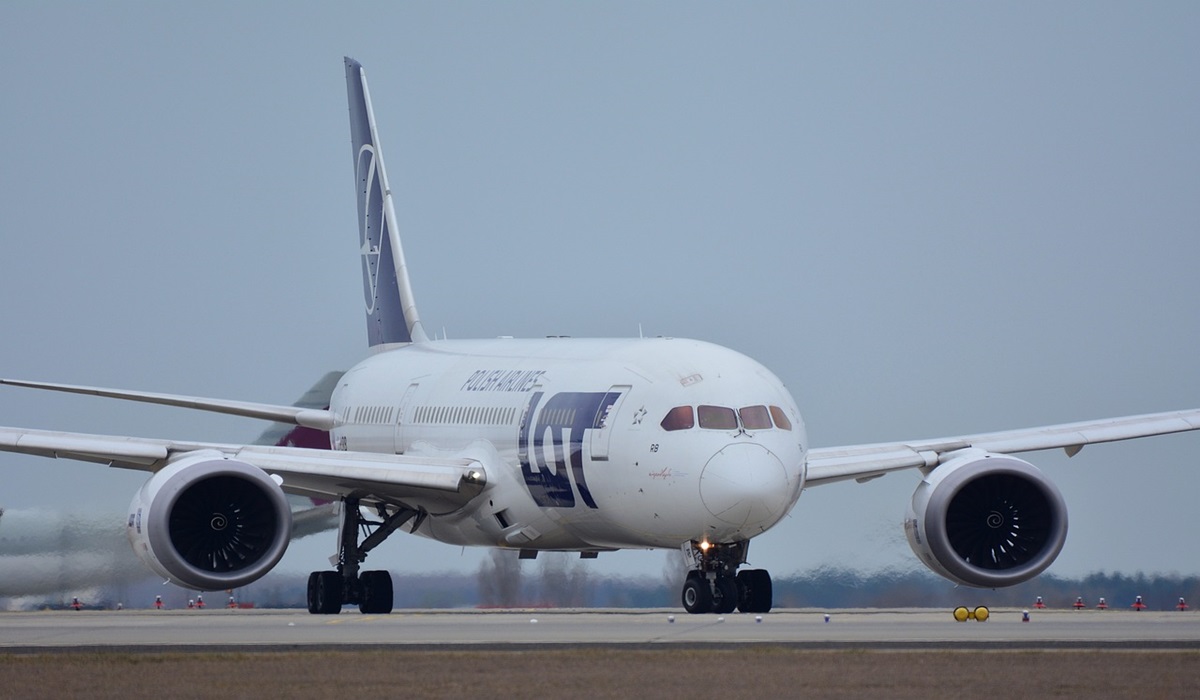
Image credit, István
In a shocking revelation, whistleblower Sam Salehpour, a Boeing engineer, has come forward with claims of serious flaws in Boeing’s 787 Dreamliner jets, raising concerns about potential catastrophic risks as these airplanes age. Salehpour alleges that Boeing took shortcuts during the manufacturing process of its 777 and 787 Dreamliner jets, which could compromise their safety over time.
The New York Times was the first to report on Salehpour’s complaint, which has prompted the Federal Aviation Administration (FAA) to launch an investigation into the matter. These allegations come at a sensitive time for Boeing, which has already faced severe scrutiny and public backlash following the catastrophic crashes involving its 737 Max aircraft in recent years. The 737 Max has been grounded twice by the FAA for safety investigations, highlighting the urgency and gravity of any safety concerns related to Boeing’s aircraft.
Salehpour’s claims are troubling, particularly in the context of Boeing’s history with safety issues. The catastrophic crashes of the Boeing Dreamliner in the past have underscored the importance of rigorous safety standards in aircraft manufacturing and maintenance. If Salehpour’s allegations are found to be true, it could further erode trust in Boeing’s commitment to safety and quality assurance.
According to Salehpour, he faced retaliation from the company when he raised these concerns with management. This alleged retaliation underscores the challenges whistleblowers often face when exposing misconduct within corporations, particularly in industries as critical as aerospace.
The implications of Salehpour’s claims extend beyond just the 787 Dreamliner jets. He asserts that there are multiple issues and subpar work being done across various Boeing fleets. This raises broader questions about the company’s internal oversight mechanisms and its ability to maintain the safety and integrity of its aircraft.
As the FAA launches its investigation into Salehpour’s allegations, the aviation industry and the public at large are left wondering about the potential consequences. Given the precedent set by the grounding of the 737 Max, there is a palpable sense of concern about the possibility of Boeing’s fleet facing similar regulatory action in the future.
For now, Salehpour’s claims remain allegations, but they are serious enough to warrant a thorough investigation by the FAA. The safety of passengers and crew must remain paramount, and any shortcomings in aircraft manufacturing and maintenance processes must be addressed promptly and transparently. The fate of Boeing’s fleet hangs in the balance, and only time will tell whether these allegations prove to be true and what impact they may have on the aviation industry as a whole.

